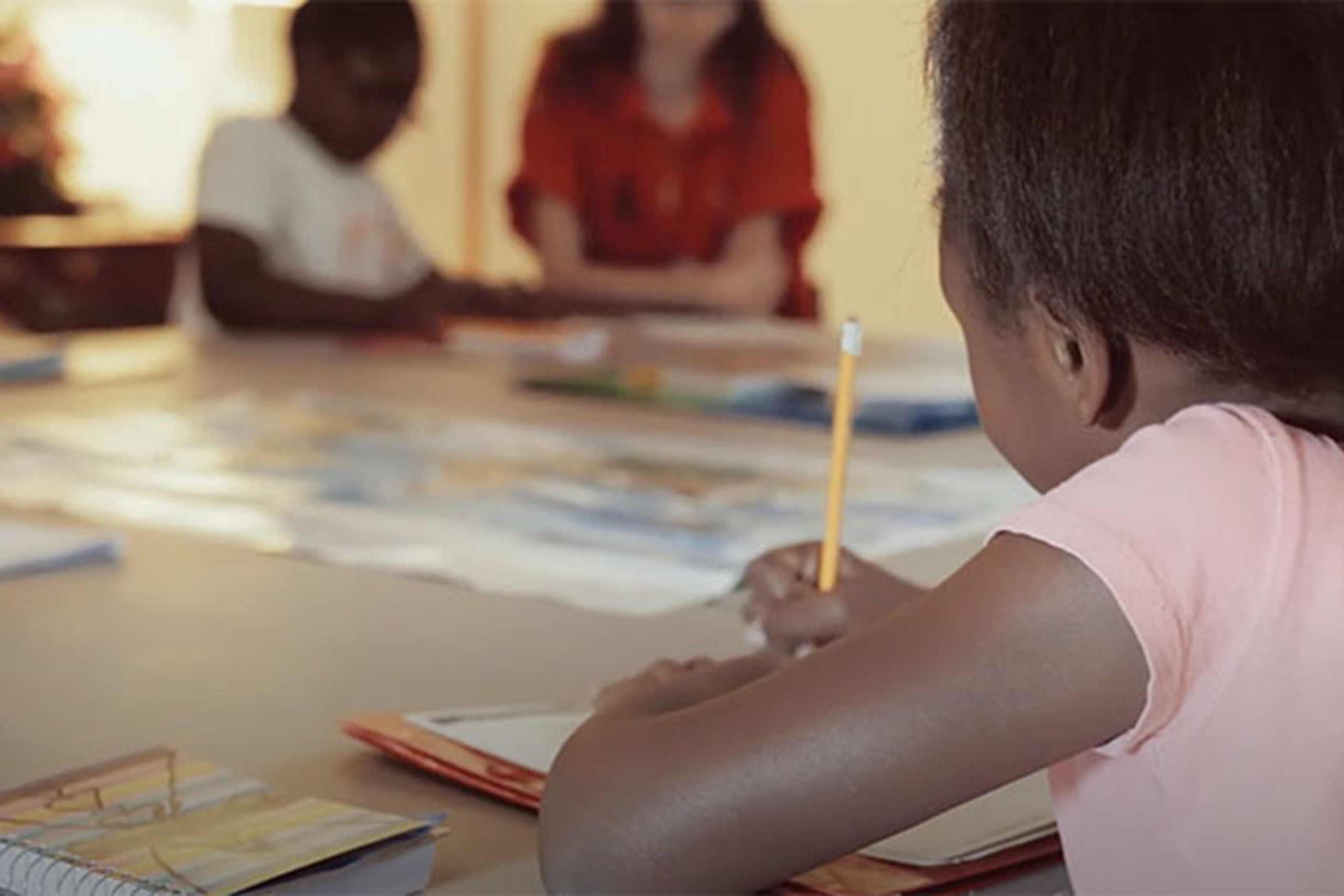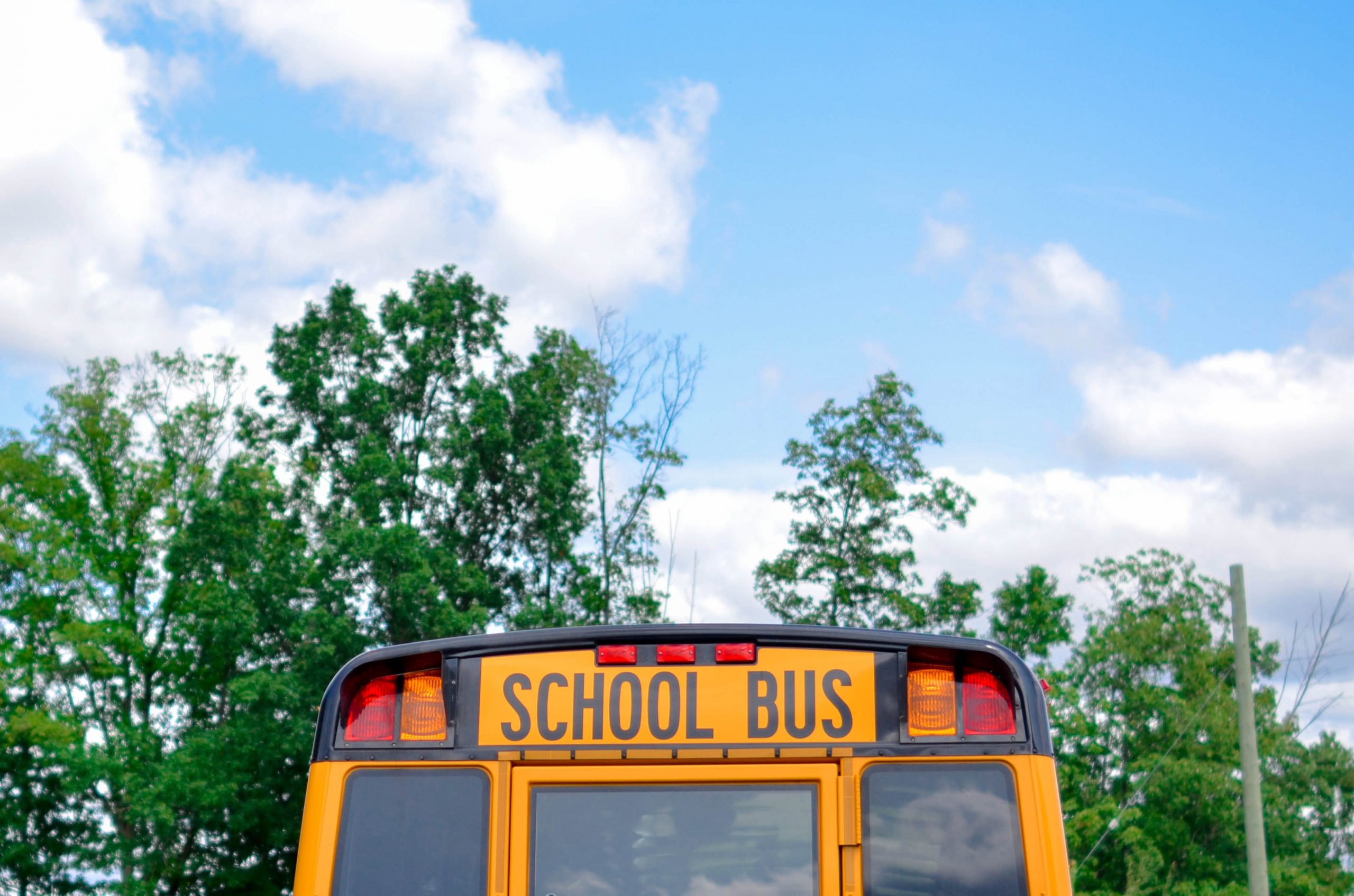Public Education Challenges
North Carolina’s public education system needs many things: money, teachers, new schools — the list is long. The North Carolina General Assembly funds public education and UMAPS has prioritized five areas for congregational advocacy. These priorities deal with short- and long-term public education needs.

Universal Pre-K Program
Justification: Pre-K programs provide the basis for all learning throughout a child’s education. Not all children get the opportunity to learn basic skills before going to kindergarten and grade 1. Pre-K programs are widely supported by the business community.
- Pre–K programs support working and poor families and promote better outcomes for children in reading and in long-term quality of life.
- We advocate for more money and resources to be allocated on an equitable basis to provide mandatory Pre-K education to every child in NC.
Rural School Challenges
Justification: Money is inequitably applied to provide equitable education for all children, regardless of their address. Methodist churches are uniquely situated to address rural concerns as an economic investment in the future of our rural communities.
- Provide equitable rural school funding with urban schools.
- Remove school funding and support from political power plays.
- We call upon Methodists to support public bonds for improving and enhancing infrastructure, building new schools, and refurbishing and maintaining schools.


Teacher and Administrator Pay and Support
Justification: We need to attract, recruit, and retain well-educated and high-performing teachers, increase teacher retention, and increase respect for the teaching profession.
- Raise the average teacher and administrative staff salary and benefits to exceed the national average.
- Resume graduate degree pay scales, funding for teacher accreditation, and the North Carolina Teaching Fellows program; support pensions (reinstate pensions for new teachers) for state employees; and guarantee state funded healthcare for retired teachers.
- Provide adequate funding for support personnel such as teacher assistants, social workers, counselors, school nurses, and mental health support.
- We advocate for a sufficient state budget to achieve these goals.
Inconsistencies in School Disciplinary Procedures
Justification: We must reduce the school to prison pipeline and promote the importance of neighborhood and community engagement in school discipline to address any inequities.
- Promote character education; teach personal responsibility; encourage positive behavior reinforcement; recruit positive adult role models as employees and volunteers.
- Examine the effectiveness of traditional disciplinary practices.
- Increase awareness of and education surrounding inequitable disciplinary processes.
- Advocate for restorative justice rather than retributive justice approaches in school disciplinary processes (decriminalize school discipline).


Educate, Advocate, and Mobilize Local Congregations
Justification: No changes in public education will occur unless there is substantive public advocacy for those changes. UMC congregations provide the perfect vehicle for justice action to be taken by its members.
- Involve District Strategy Teams in recruitment and organizing efforts.
- Give districts and local churches tools to begin grassroots organizing and advocacy.
